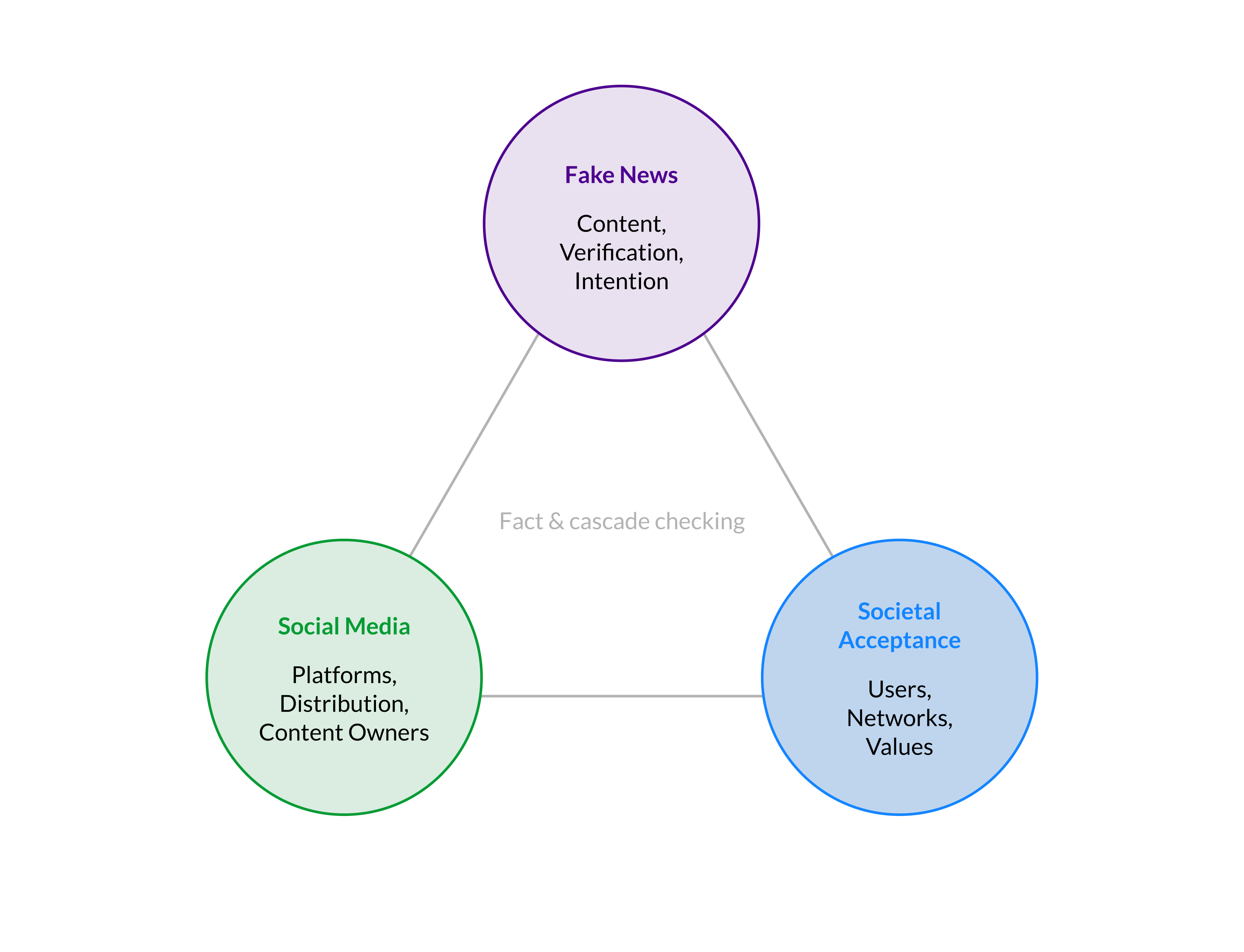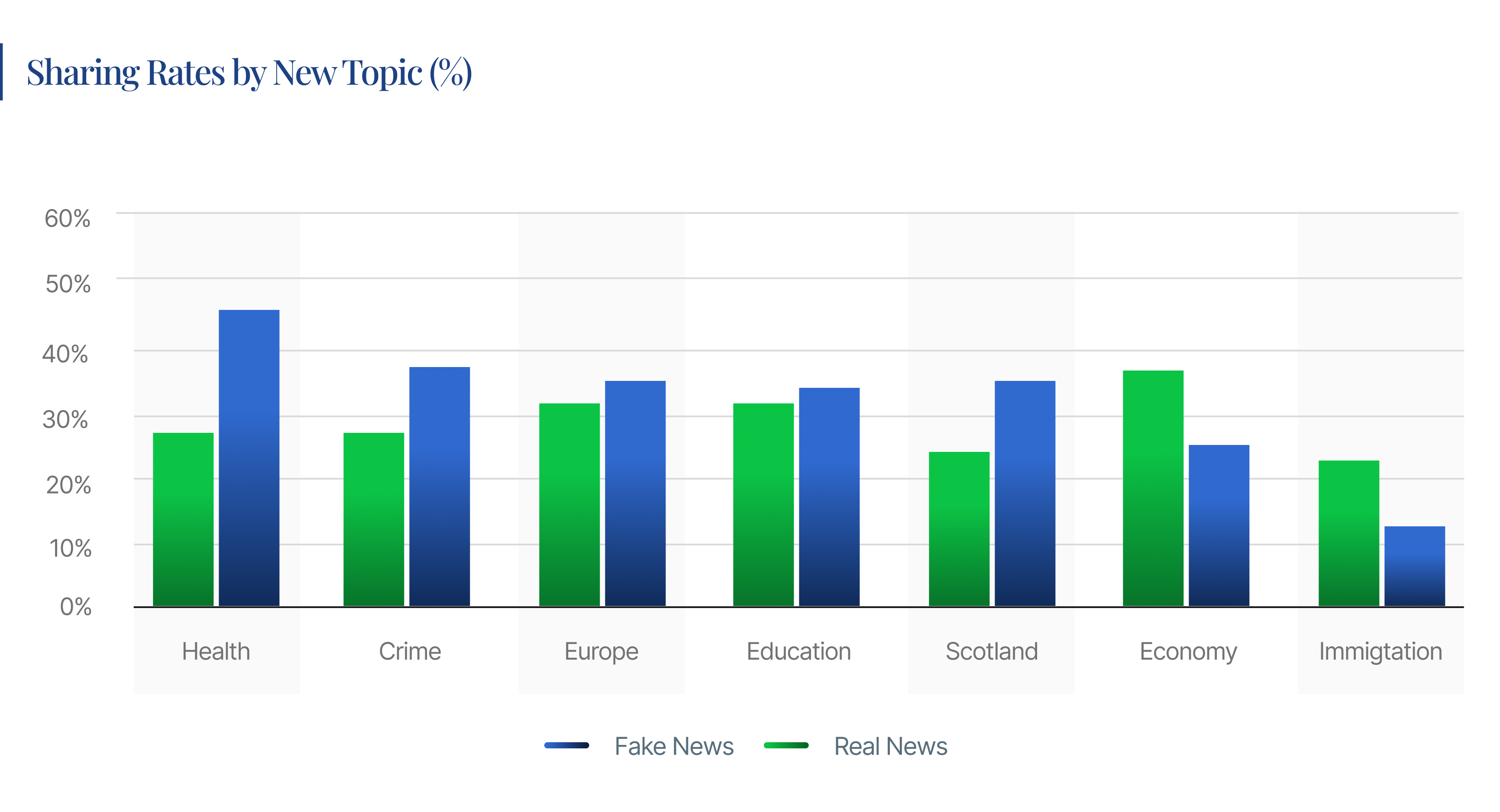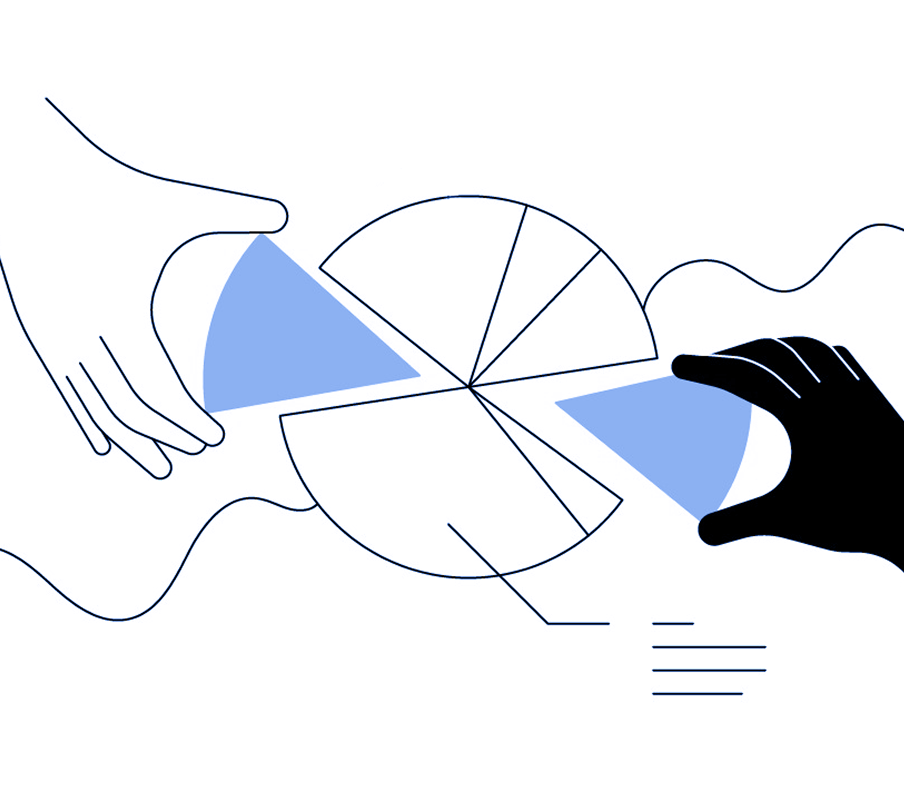How Economics of Misinformation Hurts Us All
Think about it: we buy things based on what we hear, we make choices based on what we believe is true. But what happens when what we hear isn't true? What if the information out there is fake? This isn't just about getting confused; it can actually mess with our money and how well our whole society works. And the situation has worsened in the current era, where the rapid advancement of artificial intelligence (AI) has led to even more challenges with regard to the dissemination and proliferation of AI-driven information, threatening various sectors of society, including the finance industry. According to an article published in Monday Morning Economist, “at the individual level, misinformation can wreck relationships, reinforce stereotypes, and lead to bad decision-making.”

Believing isn't always seeing
Imagine buying something online because of a fake review saying it's amazing. You spend your money, but the product is junk. That's misinformation hitting your wallet directly. False claims about what's good or bad can make us spend our money on the wrong things. For example, if you hear fake news about a certain food being a miracle cure, you might waste money on that instead of real medicine. This isn't just a small problem; it messes up what people buy and sell. You can see how tricky online reviews can be when they're not honest – it changes what we decide to buy.
When rumors shake the economy
As per a report published in the University of Bonn, “fake news significantly impacts economic dynamics, leading to higher unemployment and lower production.” And the world of money and stocks can also get really shaky because of fake information. If people hear a lie about a company doing badly, everyone might suddenly sell their shares, even if the company is actually fine. This can make the market go up and down for no good reason, making it hard for regular people to invest safely. Remember when some regular folks online got really excited about certain stocks? Sometimes, this excitement was based on real information, but other times, it was fueled by rumors that weren't true, and people could lose a lot of money. When the market is full of this kind of noise, it's harder for the economy to grow steadily.

Fake news makes us stop trusting each other
When there's a lot of fake information going around, it doesn't just affect what we buy and sell. It also reduces the trust on each other and on important groups. If we don't trust the government, scientists, or the news, it can cause bigger problems. People might not follow rules, and it's harder for everyone to work together. This lack of trust, like a broken connection, can actually slow down how well our society and economy function.
Think about the fake stories about vaccines. If people believe these lies and don't get vaccinated, it can lead to more sickness. This not only makes people feel bad but also costs money for healthcare and when people can't go to work. For a more global perspective, the World Health Organization (WHO) sheds light on how vaccines and immunization contribute to global health.
Fixing the rot
It's not easy to stop fake information and build trust back up, but it's important for our money and our lives. One thing we can do is learn how to tell what's real and what's fake online. This is like learning a new skill for the internet. According to an article by Unicef, you should be able to “check information online, create and consume content responsibly, and have productive discussions with people who believe misinformation.” It's also important for good news sources to be strong and honest so we have reliable incorporation. And, just like with anything else, there might be a need for rules against spreading really harmful lies online, while maintaining freedom of expression.
According to a report by the World Economic Forum, governments, media organizations, tech companies and civil society must work together to create a multi-layered defense against the spread of false information across all sectors. If we don't deal with fake information and the lack of trust it creates, it can really hurt our economy and how we live together.
Here are some real-life examples where fake news has demonstrably hurt people:
The "Pizzagate" conspiracy theory: According to a BBC report, during the 2016 US presidential election, a man was arrested after firing a rifle inside a pizza restaurant in Washington DC that was the target of a bizarre fake US election story. This misinformation led to real-world harassment and threats against the owner and staff of the Comet Ping Pong pizzeria. While no one was physically harmed in that instance, the emotional distress, fear, and damage to the business were significant and directly resulted from the widespread belief in fake news.
The spread of anti-vaccine misinformation: The debunked study linking the MMR vaccine to autism has led to lower vaccination rates in some communities. While the study has been retracted and proven fraudulent, it continues to fuel vaccine hesitancy among large swathes of population, resulting in outbreaks of preventable diseases like measles. Individuals who believed the misinformation and chose not to vaccinate themselves or their children directly suffered the consequences of these outbreaks.
Financial losses due to stock market rumors: While the GameStop situation had complex dynamics, history is replete with instances where false rumors have caused considerable financial harm. Before the advent of the internet, rumors spread through less formal channels, but today, social media and online forums can amplify false information rapidly. Imagine a made-up report circulating that a major bank is insolvent. Even if untrue, this rumor could trigger a bank run as depositors panic and withdraw their funds, potentially undermining the institution and causing massive financial losses for depositors and investors.
Harmful health advice during the COVID-19 pandemic: The pandemic saw an explosion of misinformation regarding the virus and its treatment. False claims about miracle cures, ineffective preventative measures, and the origins of the virus led some individuals to make harmful decisions about their health, sometimes foregoing proven medical advice in favor of unverified and potentially hazardous remedies. This misinformation likely contributed to increased illness and, in some cases, fatalities. People who believed false information about the virus being a hoax also endangered their and others’ lives by disregarding public health guidelines.

